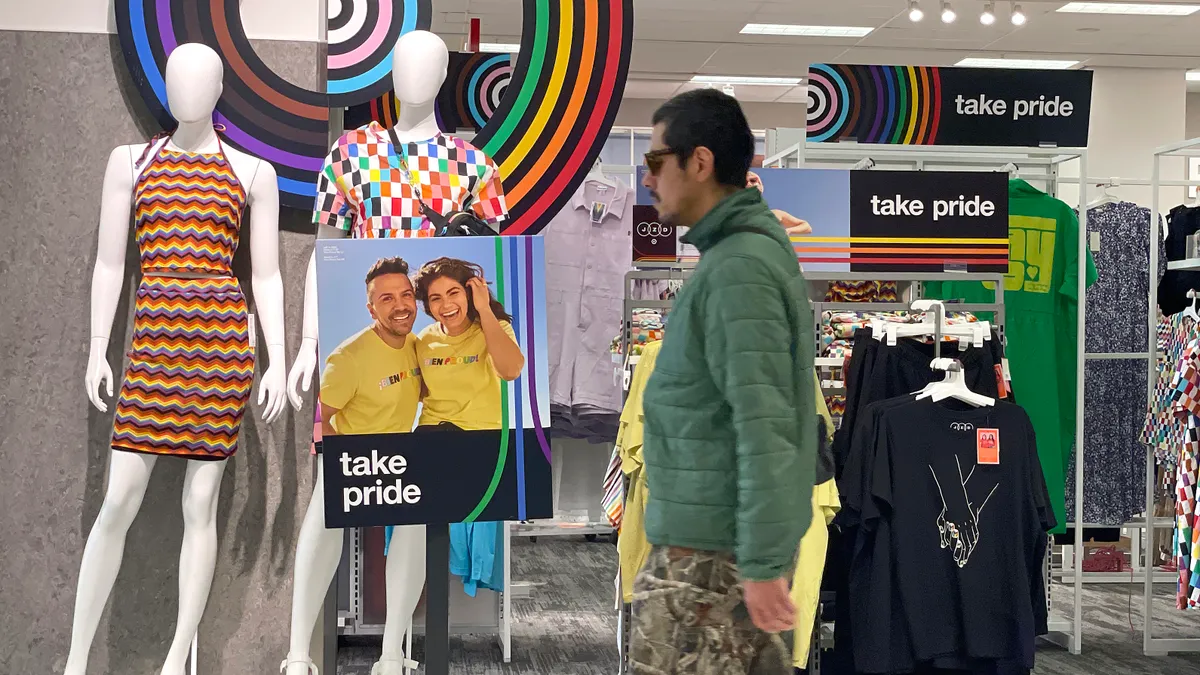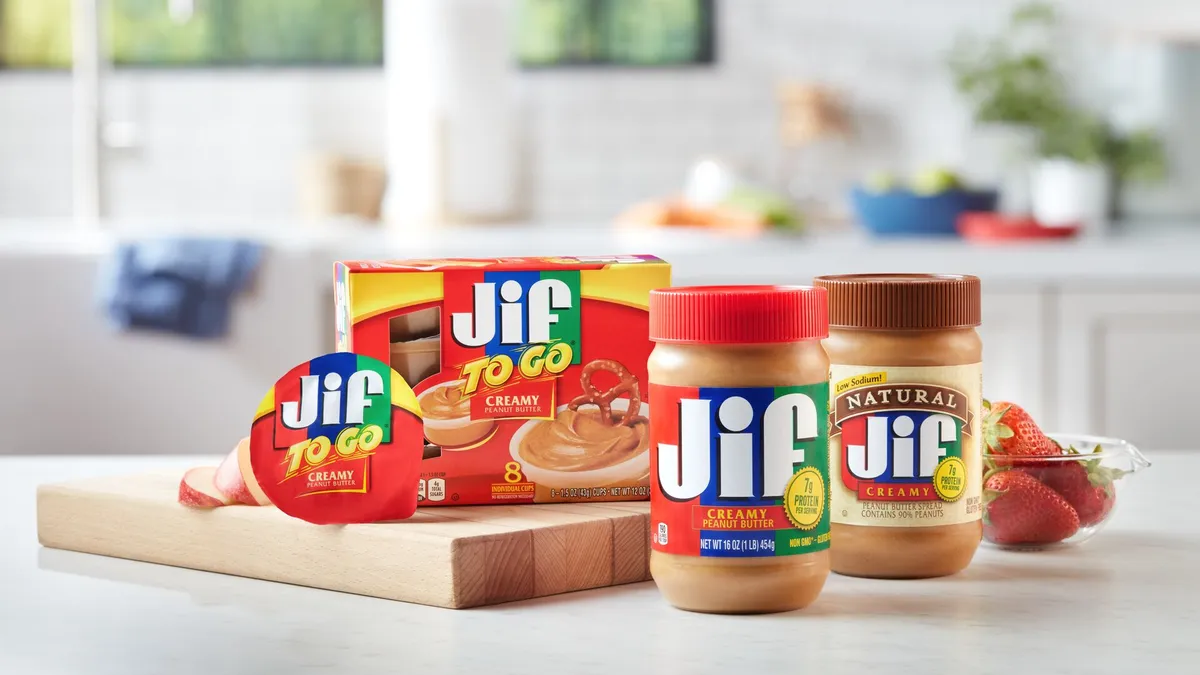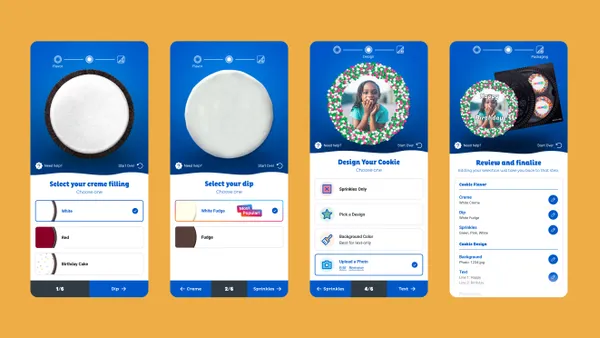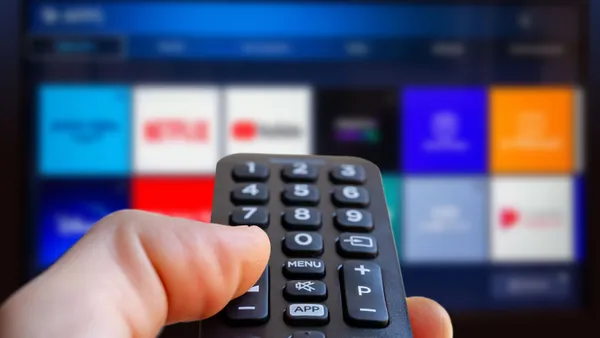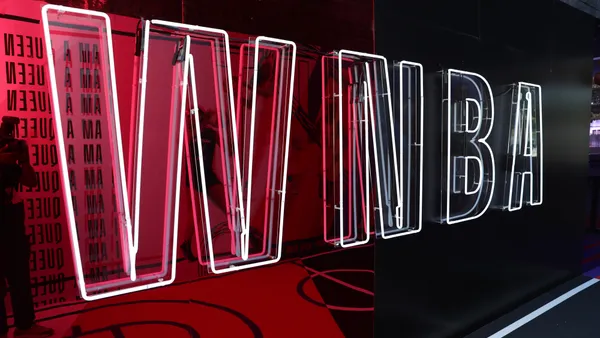Dive Brief:
- WPP saw like-for-like organic revenue up 0.3% in Q4, with U.S. performance hindered by cuts from the technology, healthcare and retail sectors, per a preliminary trading statement.
- Like-for-like revenue in the U.S., a key market, dipped 4.5% over the period. Full-year like-for-like organic revenue grew 0.9%, in line with an updated outlook the ad-holding group shared in October that saw the firm trim growth expectations for 2023.
- Looking ahead, WPP is placing serious investments behind proprietary artificial intelligence (AI) solutions to keep pace with rivals like Publicis that have fared better financially. WPP reiterated that it foresees organic revenue growth between 0-1% in 2024.
Dive Insight:
Account losses, including parts of the Pfizer business, and sharp spending pullbacks from U.S. tech clients threw cold water on WPP’s end-of-year performance. The patchy results further widen the gap between the GroupM owner and some of its biggest competitors.
Publicis, which is also trying to capitalize on renewed interest in AI, saw organic revenue jump 6.3% in 2023 and outperformed expectations in Q4, an important period that includes the holiday shopping season. Publicis believes 2024 organic revenue will increase between 4-5%.
There were some bright spots for WPP in the U.S., including healthy demand from consumer packaged goods clients. GroupM, the network’s top media agency, had a strong Q4 showing.
But WPP’s specialist shops and creative agencies had a battering year with the exception of Ogilvy, which “grew very well,” CEO Mark Read said on a call discussing the results with analysts. WPP has tried to streamline some of its agency offerings, including by combining the iconic Wunderman Thompson and VMLY&R brands.
Other large agency owners have experienced similar struggles as clients tighten their belts and focus more on performance and data-driven strategies versus traditional brand building. Interpublic Group last year made cuts and enacted organizational shuffles at digital specialists like Huge and R/GA.
Agencies are eyeing 2024 as a potential bounceback year as some economic pressures ease and events like the Summer Olympics, UEFA Euro 2024 soccer championship and busy election cycles kickstart more ad spending. Generative AI is also top of mind, promising to reshape — and potentially disrupt — several aspects of the business in the wake of ChatGPT’s ascendance.
WPP in January said it would commit 250 million pounds, or about $318 million, annually to drive AI transformation. AI could help boost WPP’s performance through licensing, assisting with client projects and improving internal operations, executives have argued. WPP last year struck a pact with chipmaker Nvidia around building a content engine powered by generative AI, raising the question of whether creative jobs could be affected.
“It can augment, not replace, roles, to make people more productive, and we will see the AI-augmented work is driving better [return on investment] for our clients,” said Read on the analyst call.
Another potential problem for agencies is if other offerings outpace their own capabilities with generative AI. WPP released its earnings around previews for OpenAI’s Sora tool that can quickly produce complex videos based on tech prompts, and investors asked Read about the potential impact on WPP.
“I don’t think it changes our strategy ... I think it reinforces what we are doing,” said Read. “What clients need is work that’s copyright-proof, that [is] able to accurately represent their brands and reality. And Sora is not yet at that stage.”





